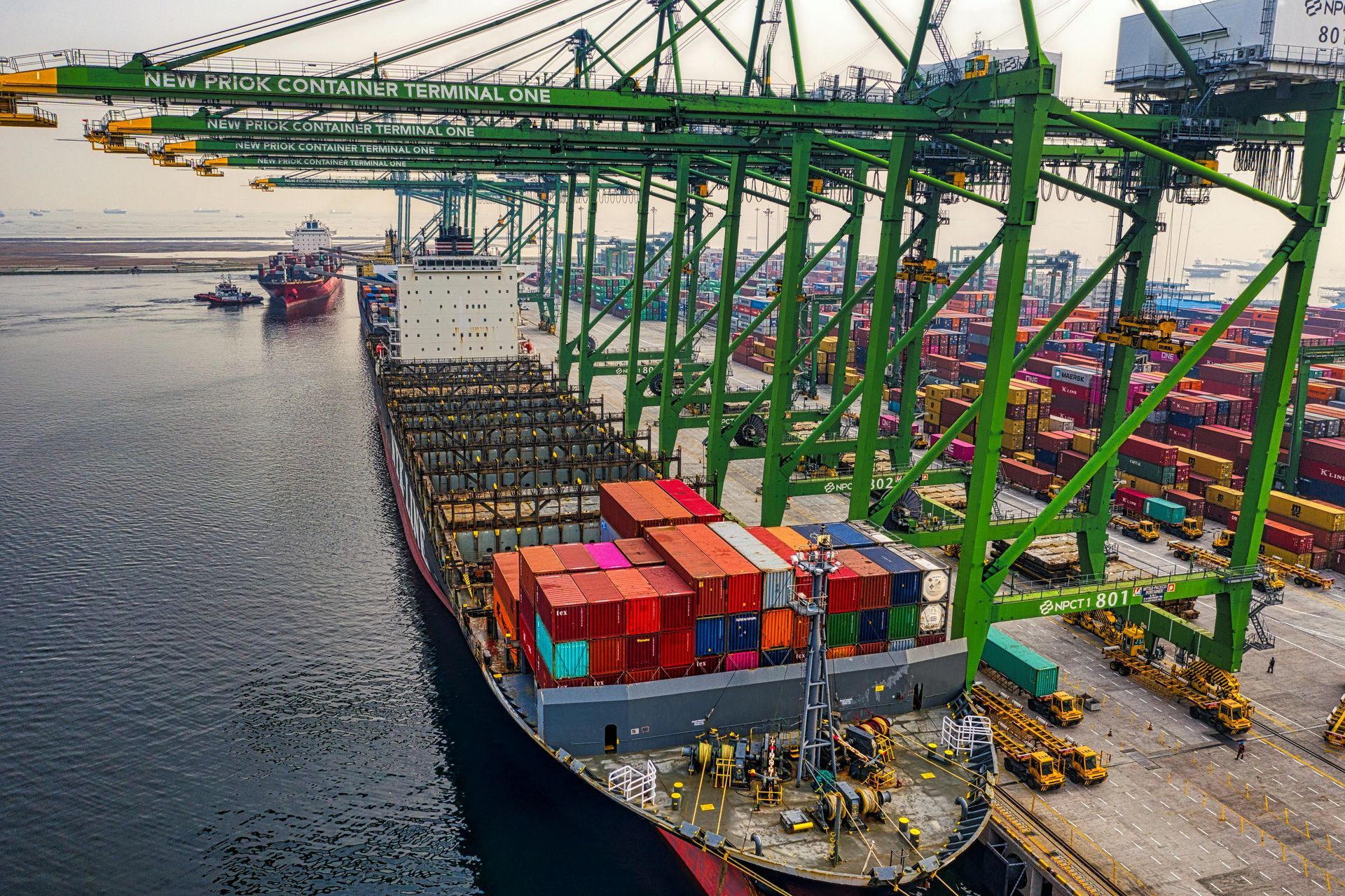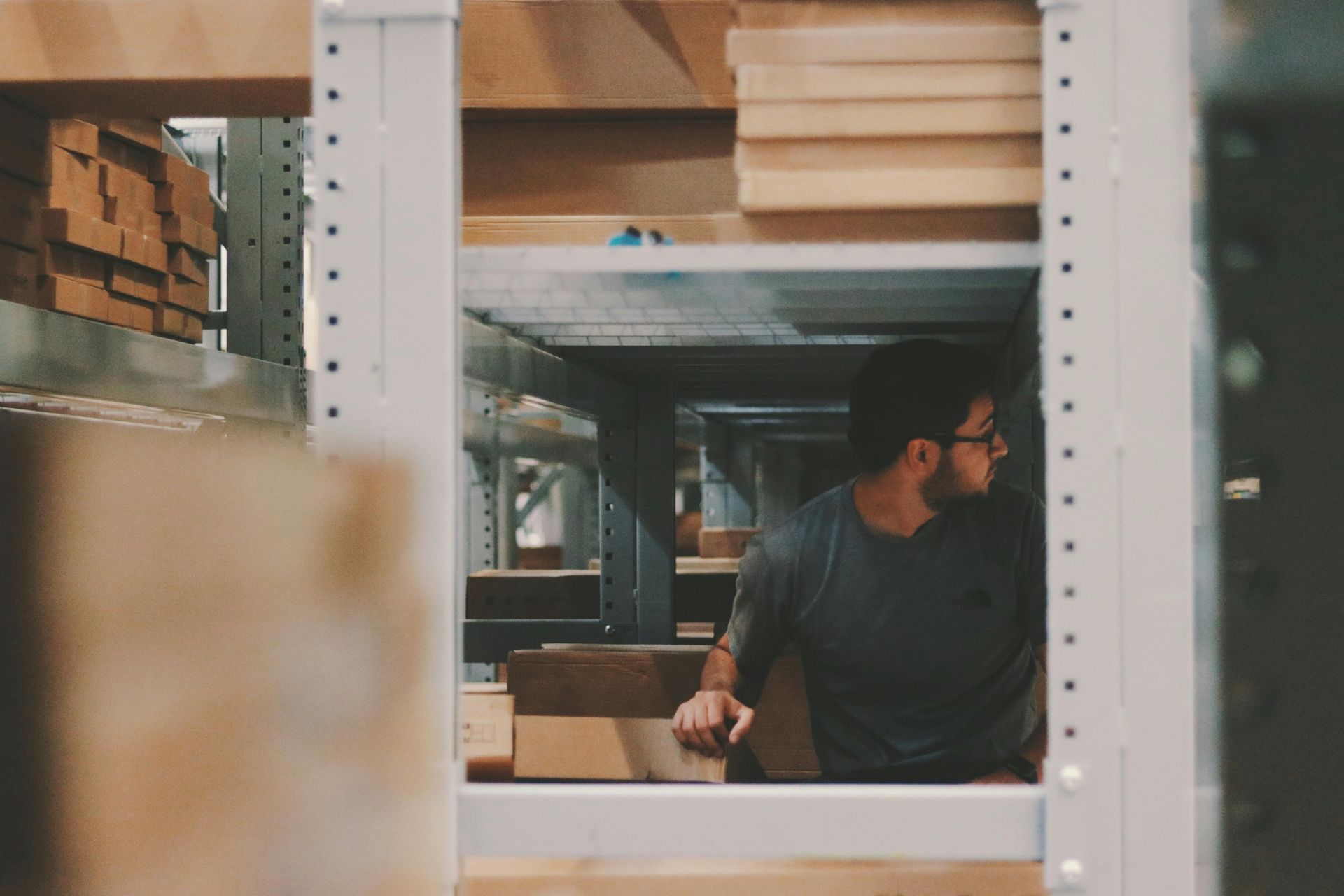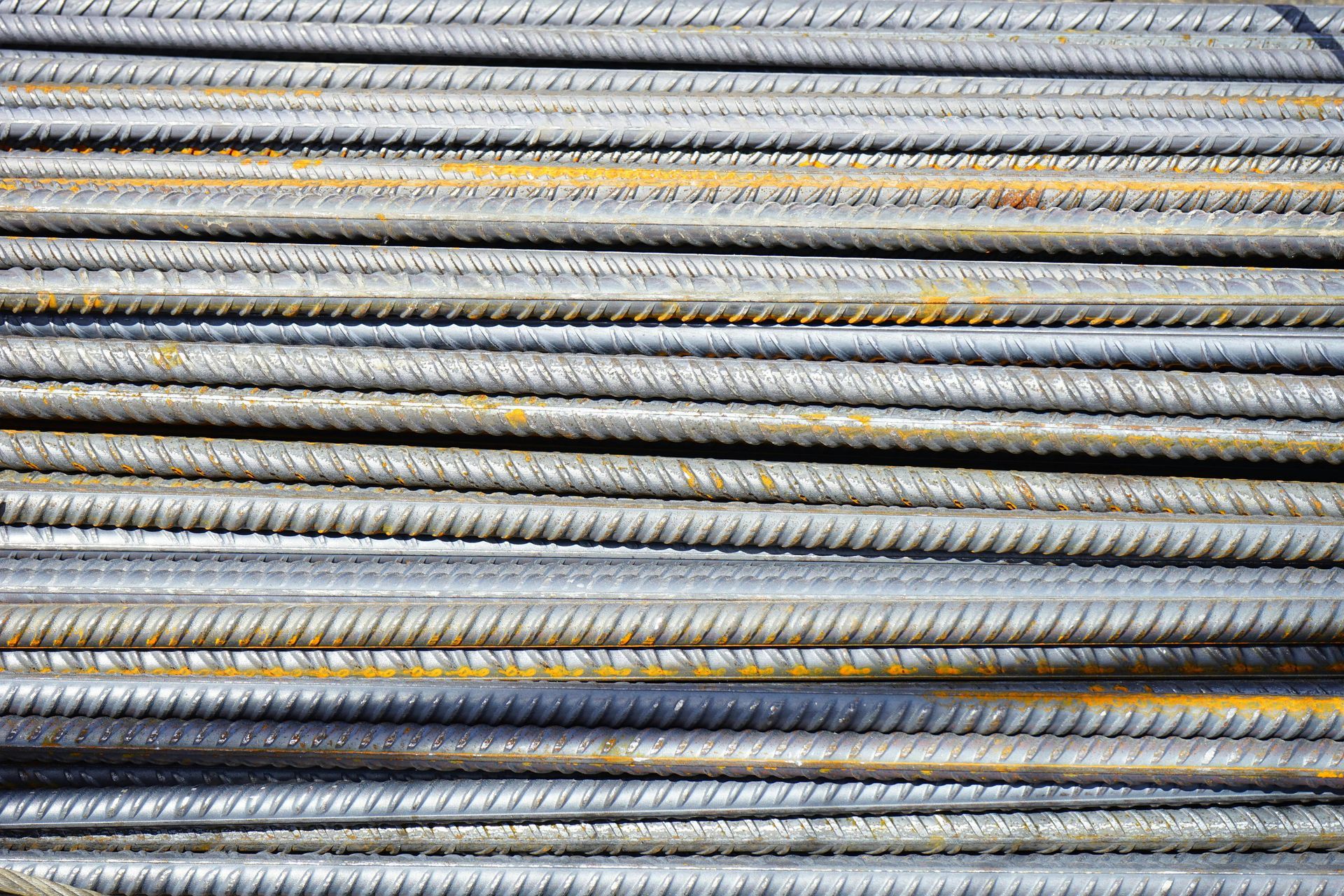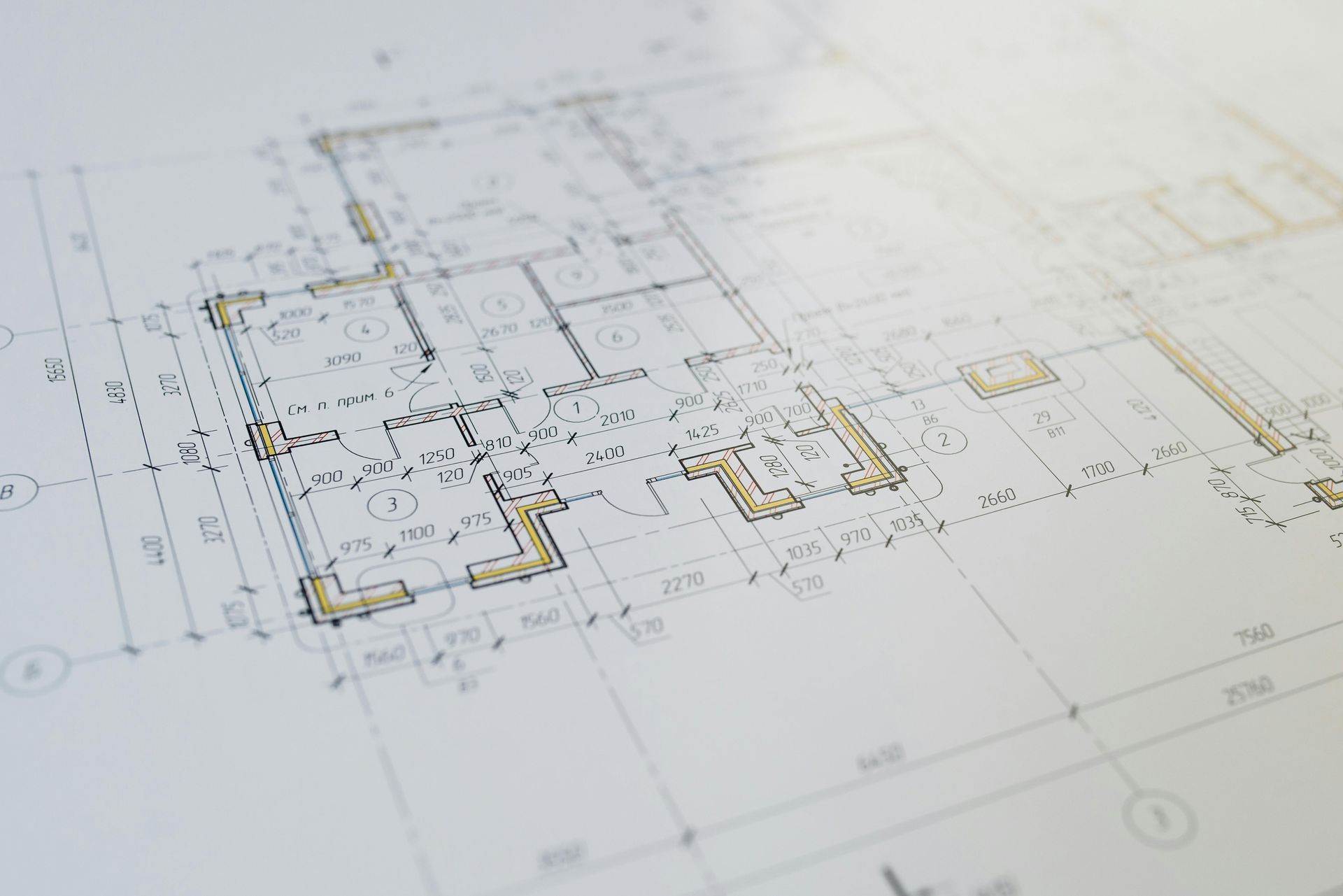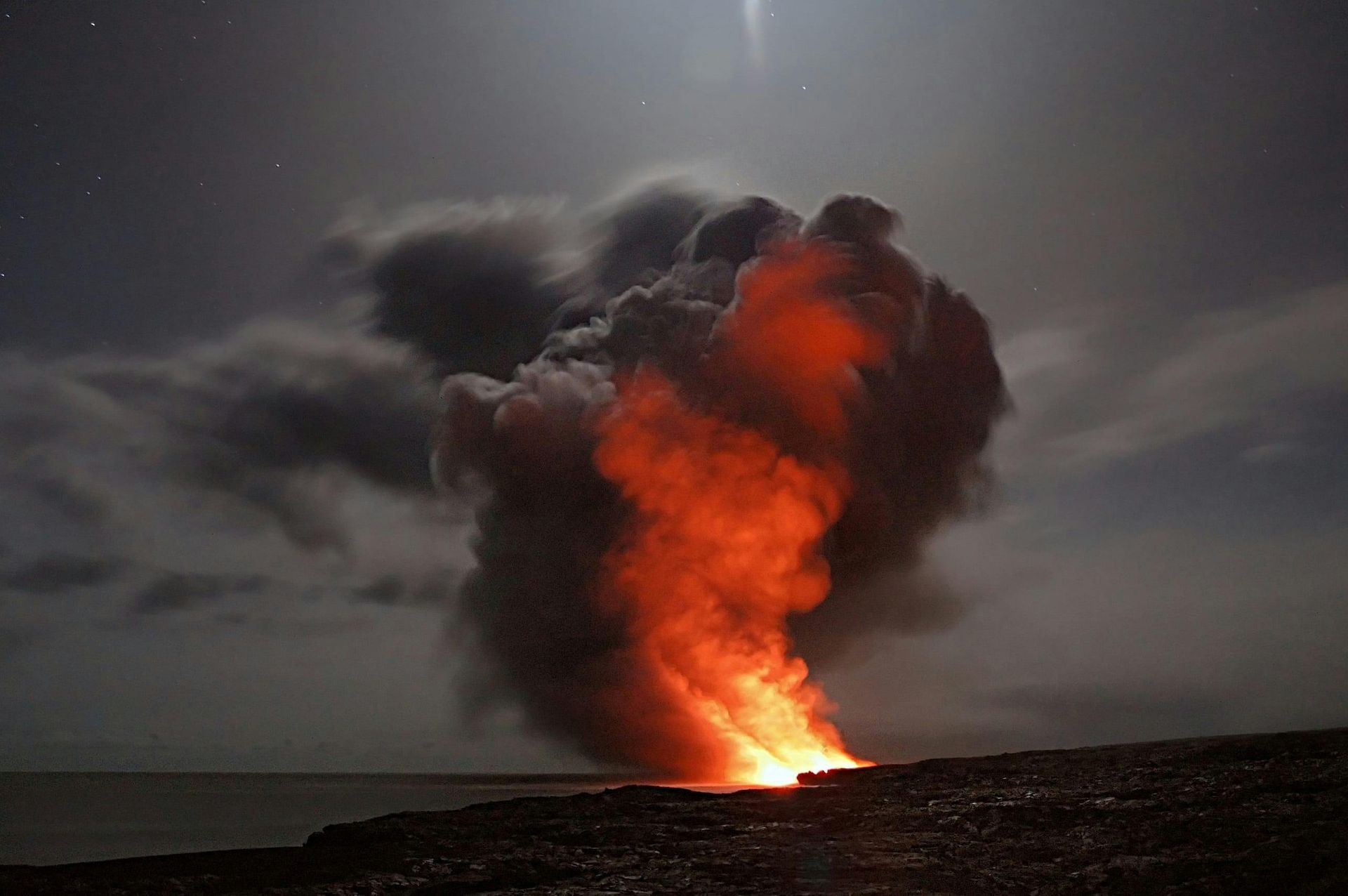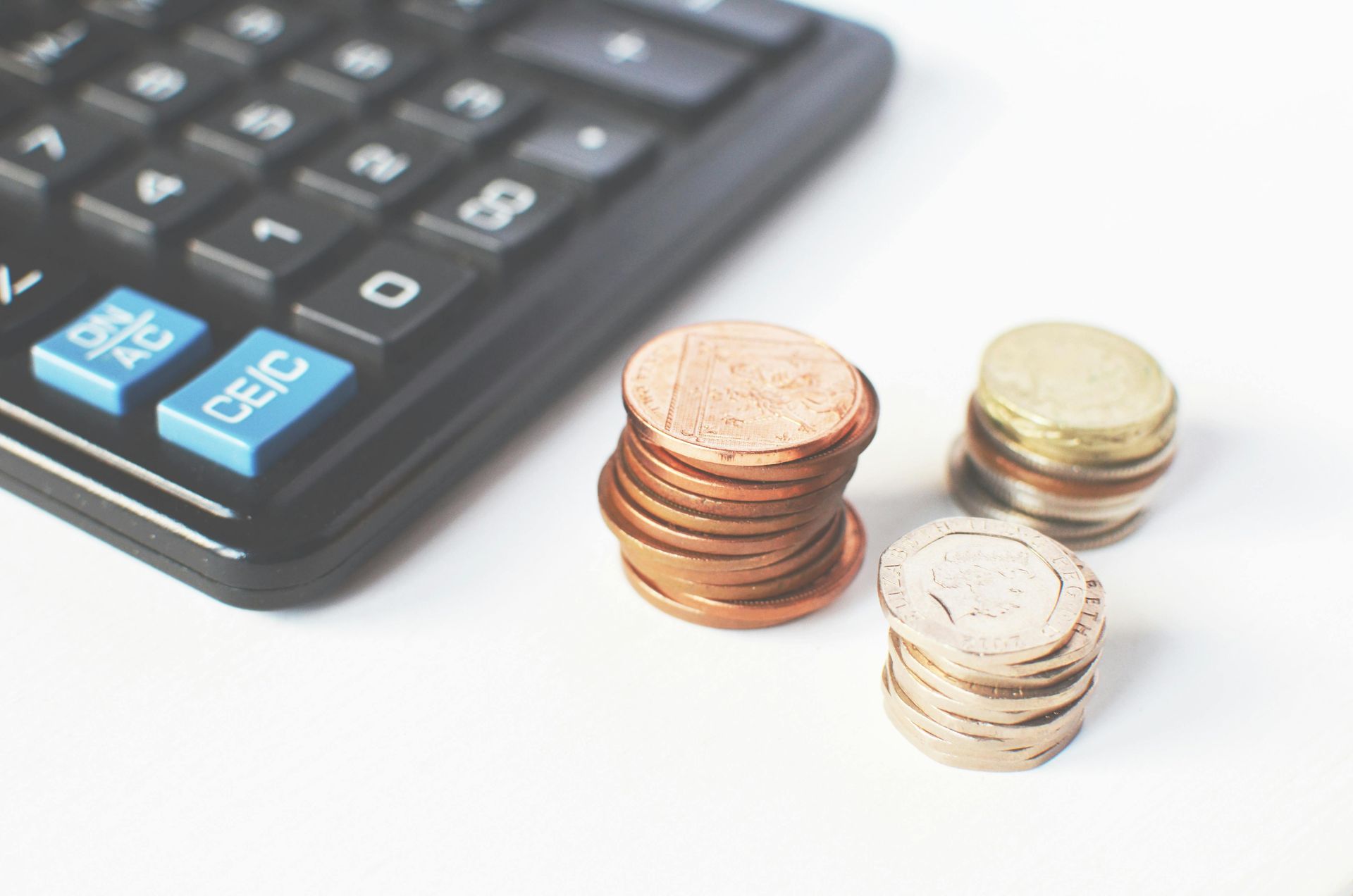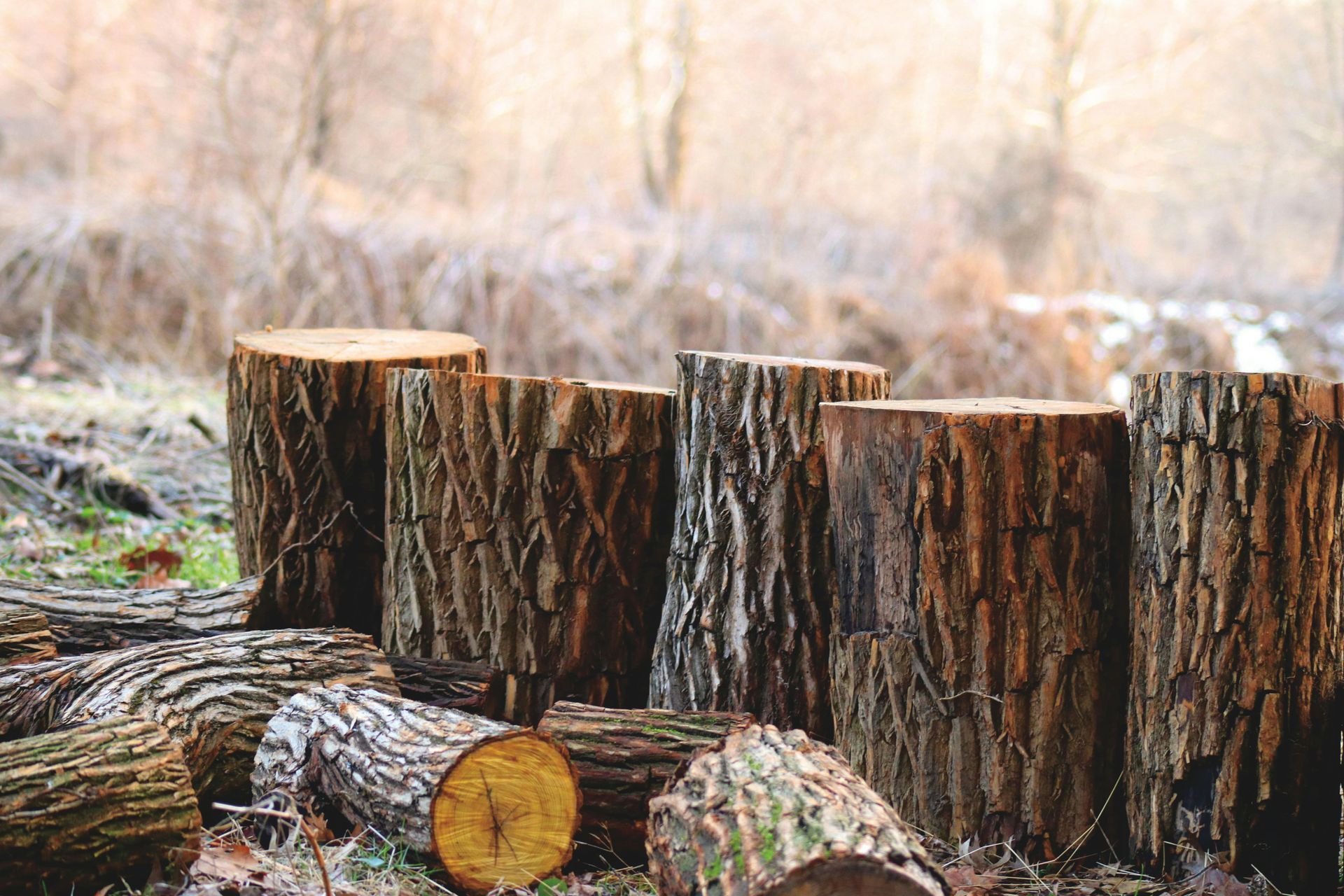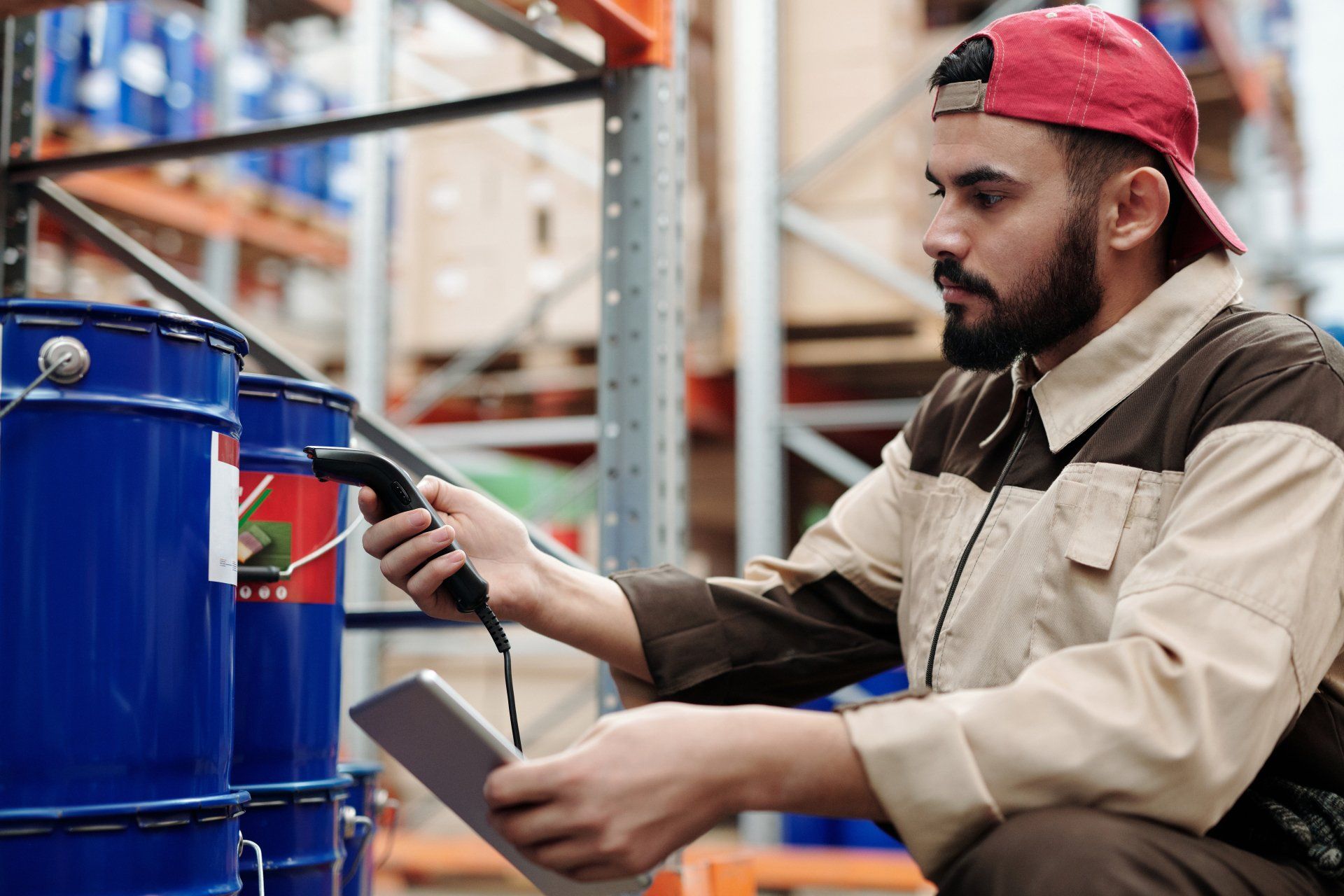Sustainable Living in MDUs: Creating an Eco-Friendly Urban Community
Sustainability has become a key focus in urban development, and Multiple Dwelling Units (MDUs) are uniquely positioned to contribute to a greener future. With the increasing emphasis on reducing carbon footprints, conserving natural resources, and improving energy efficiency, MDUs have an opportunity to implement sustainable practices that benefit both residents and the environment. By adopting eco-friendly features and promoting green living, MDUs can create thriving urban communities that support a healthy planet.
In this blog post, we will explore how MDUs can embrace sustainable living through eco-conscious design, energy-efficient solutions, and community-driven initiatives. From green building materials to renewable energy integration, these features help make MDUs a model of sustainable urban living.
Green Building Design
Green building design is at the heart of sustainable development, and MDUs that incorporate eco-friendly construction practices can significantly reduce their environmental impact. By using sustainable materials and innovative design features, developers can create buildings that are not only beautiful but also environmentally responsible.
- Sustainable Building Materials: Choosing sustainable materials, such as reclaimed wood, bamboo, and recycled steel, helps reduce the demand for new resources while lowering the environmental footprint of construction. Low-VOC (volatile organic compound) paints and finishes also improve indoor air quality, creating a healthier living environment for residents.
- Efficient Insulation: Proper insulation plays a crucial role in energy conservation by minimizing heat loss in the winter and keeping interiors cool in the summer. Using high-quality, eco-friendly insulation materials such as recycled denim or cellulose can enhance energy efficiency while reducing the need for excessive heating and cooling.
- Green Roofs and Living Walls: Incorporating green roofs and living walls into the design of MDUs adds natural beauty while providing numerous environmental benefits. Green roofs help reduce the urban heat island effect, improve insulation, and manage stormwater runoff, while living walls improve air quality and add a vibrant, natural element to the building.
Energy Efficiency and Renewable Energy
Energy efficiency is a key component of sustainable living, and MDUs that implement energy-efficient solutions can reduce both costs and carbon emissions. By integrating renewable energy sources and smart energy management systems, MDUs can create a more sustainable energy ecosystem.
- Energy-Efficient Lighting: Replacing traditional lighting with LED fixtures throughout the building can lead to significant energy savings. LEDs consume less electricity, have a longer lifespan, and produce less heat compared to conventional bulbs, making them an environmentally friendly lighting solution.
- Smart Energy Management: Smart energy management systems help optimize energy consumption by monitoring usage patterns and making real-time adjustments. These systems can automatically control lighting, heating, and cooling in common areas based on occupancy, ensuring that energy is used efficiently without unnecessary waste.
- Renewable Energy Integration: Integrating renewable energy sources, such as solar panels, into MDU designs can help reduce reliance on non-renewable energy and lower greenhouse gas emissions. Solar panels can be installed on rooftops or other suitable areas to generate clean energy for powering common areas or even individual units. Pairing renewable energy with battery storage can further enhance energy resilience.
Water Conservation Strategies
Water conservation is essential for sustainable urban living, especially in regions that experience water scarcity. By implementing water-saving solutions, MDUs can reduce their overall water usage while promoting responsible water management among residents.
- Low-Flow Fixtures: Installing low-flow faucets, showerheads, and toilets throughout the building can reduce water consumption without compromising performance. Low-flow fixtures are designed to use less water while maintaining optimal water pressure, making them an effective way to conserve water.
- Greywater Recycling: Greywater recycling systems collect and treat water from sinks, showers, and washing machines for reuse in non-potable applications, such as irrigation or toilet flushing. By reusing greywater, MDUs can significantly reduce their reliance on fresh water while promoting more efficient water use.
- Rainwater Harvesting: Rainwater harvesting systems can collect rainwater from rooftops and store it for use in landscaping and other non-potable applications. Harvesting rainwater helps reduce demand on municipal water supplies while providing a natural, sustainable source of water for the property.
Waste Reduction and Recycling
Reducing waste and promoting recycling are important components of a sustainable lifestyle. MDUs that provide convenient waste reduction and recycling options can encourage residents to adopt eco-friendly habits that benefit both the community and the environment.
- Recycling Stations: Designated recycling stations throughout the building make it easy for residents to separate recyclables from general waste. Clear signage and guidelines can help residents understand what materials can be recycled, ensuring that recyclable items are properly sorted.
- Composting Programs: Implementing a composting program can help reduce organic waste while providing residents with nutrient-rich compost for gardening. Composting bins can be placed in common areas, and educational workshops can teach residents how to compost effectively.
- Waste Reduction Initiatives: Encouraging residents to reduce waste by minimizing single-use plastics, reusing items, and donating unwanted goods can contribute to a more sustainable community. Hosting clothing swaps, electronic recycling drives, or zero-waste workshops can inspire residents to make environmentally conscious choices.
Sustainable Transportation Options
Transportation is a significant contributor to greenhouse gas emissions, and MDUs that provide sustainable transportation options can help reduce the environmental impact of commuting. By supporting alternative transportation methods, MDUs can promote a greener, healthier lifestyle for residents.
- Electric Vehicle (EV) Charging Stations: As electric vehicles become more popular, providing EV charging stations is an essential amenity for MDUs. Installing EV chargers in parking areas encourages residents to transition to electric vehicles, helping reduce emissions and promote sustainable transportation.
- Bike Storage and Sharing Programs: Secure bike storage areas and bike-sharing programs can encourage residents to use bicycles for short trips, reducing the reliance on cars and cutting down on emissions. Providing well-maintained bike storage and promoting bike-sharing programs can make cycling a convenient and attractive option for residents.
- Public Transit Access: MDUs that are strategically located near public transit options make it easier for residents to use eco-friendly transportation methods. Promoting the availability of nearby bus, train, or subway services can help reduce car usage and contribute to a more sustainable urban environment.
Community Engagement and Education
Creating a sustainable community requires active engagement and education. MDUs that promote sustainability through community-driven initiatives can empower residents to adopt eco-friendly practices and make a positive impact on the environment.
- Green Living Workshops: Hosting workshops on topics such as energy conservation, waste reduction, composting, and sustainable gardening can provide residents with the knowledge and tools they need to live more sustainably. By offering hands-on learning experiences, MDUs can help residents feel more connected to their environment and motivated to make a difference.
- Community Gardens: Community gardens provide residents with the opportunity to grow their own food, learn about sustainable agriculture, and connect with neighbors. Gardening not only promotes local food production but also encourages residents to spend time outdoors and engage in environmentally friendly activities.
- Sustainability Challenges: Organizing sustainability challenges, such as energy-saving competitions or waste reduction challenges, can inspire residents to adopt eco-friendly habits while fostering a sense of camaraderie. Friendly competition can motivate residents to take small actions that collectively make a big difference.
Building a Sustainable Future in MDUs
Sustainable living is an essential aspect of modern urban development, and MDUs have a unique opportunity to lead the way in creating eco-friendly communities. By incorporating green building design, energy efficiency, water conservation, waste reduction, sustainable transportation, and community engagement, MDUs can create a healthier, more sustainable environment for residents.
Embracing sustainable practices not only benefits the environment but also enhances the quality of life for residents. Green living spaces promote well-being, reduce utility costs, and foster a sense of community among residents who are united by their shared commitment to sustainability.
As the demand for eco-friendly housing continues to grow, MDUs that prioritize sustainability will be well-positioned to attract environmentally conscious residents who value a greener lifestyle. By investing in sustainable living initiatives, MDUs can pave the way for a brighter, more sustainable future for urban communities and the planet.
